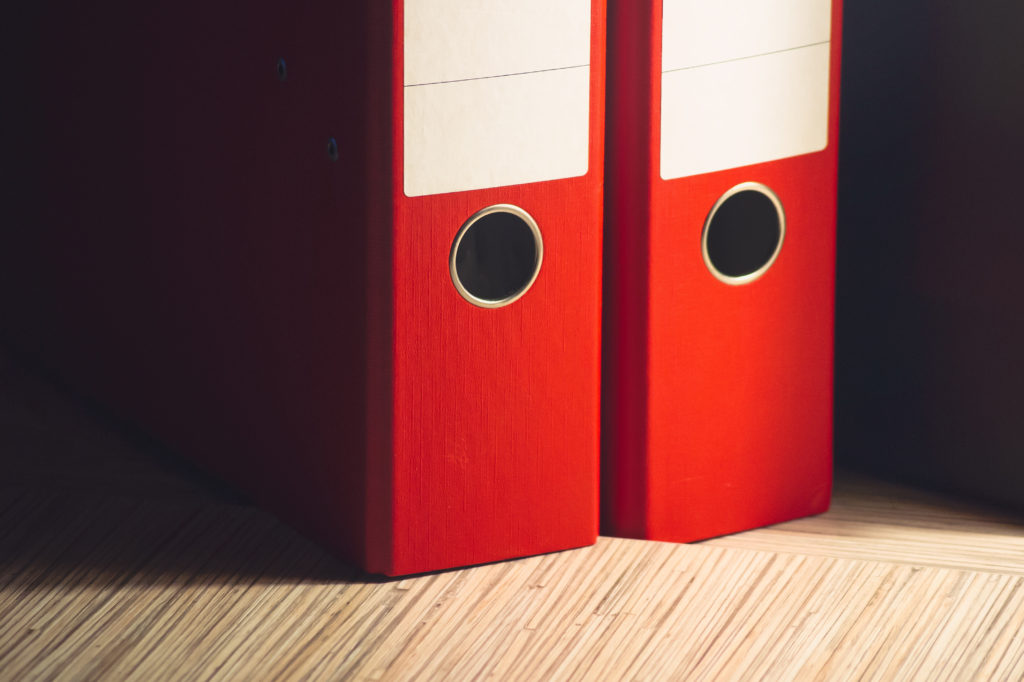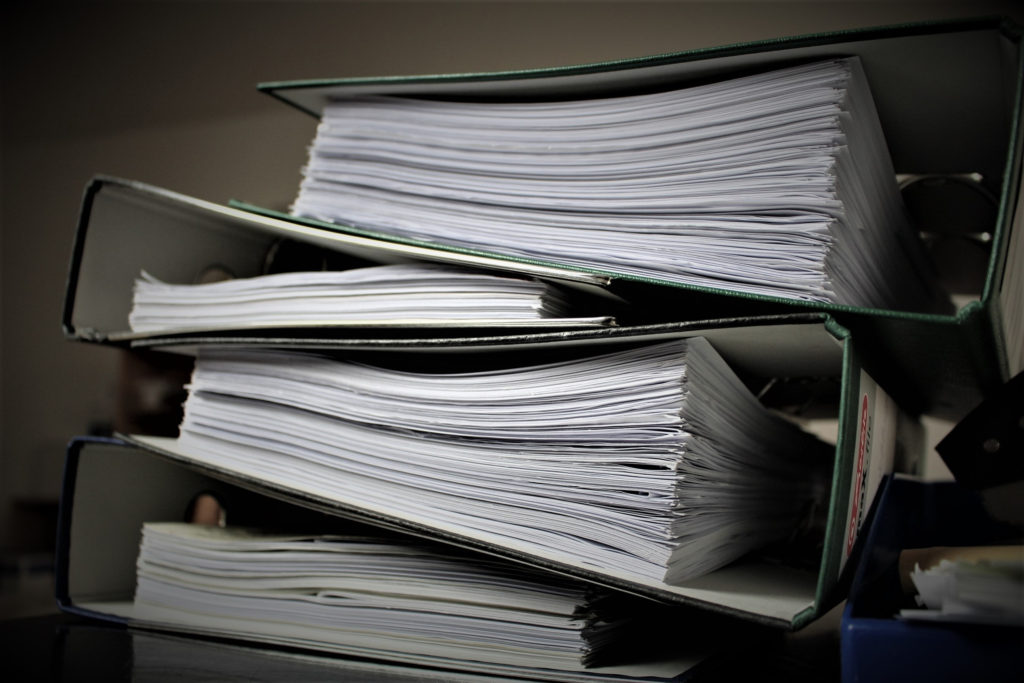7 Pieces of Paper You Should Keep Forever
You may think, “Paperwork sparks as much joy in me as doing my taxes.”
If you recognize the reference to sparking joy about record keeping, you are one of the millions of people who have heard of Marie Kondo and her organizational mantra for deciding what should be kept for the future. But what records do you really need to keep? There are essentially 7 pieces of paper you should keep forever. There are a few more that you can store forever electronically. And quite a few additional records that you need to keep for a while. This is true, regardless of whether they spark joy.

7 Hardcopy Paper Records to Keep Forever:
- Birth Certificate
- Marriage License
- Divorce paperwork (Including child custody arrangements)
- Wills (Including Living Wills and Power of Attorney designation)
- Passport
- Automobile Title
- Deeds

There are a lot of items that can be scanned for future reference that do not need to take up space in your home. Some people prefer to have the hardcopy for their filing system. Either way is ok as long as you can access what you need when you need it.
Records that can be kept electronically:
- Annual Tax Returns
- Supporting tax documentation (keep for 7 years)
- Major purchase receipts (for warranty and insurance purposes)
- Jewelry Appraisals
- Year-end investment statements
- Bank statements
- Home improvement documentation and receipts
- Mortgage and bill of sale information
- Legal documents (scan as a backup for embossed or stamped copies)
- Medical records
- Educational records
- Retirement and Pension records
- Current insurance policies
- Medical and burial instructions
- Beneficiary directions
Photo and Video Record Keeping
In addition to receipts for any of your household items, it is a good idea to have photographic records as well. Make it an afternoon project to go around the house and either videotape or photograph all of your appliance model and serial numbers. Record this information for all electronics and hobby equipment, such as stereo systems and sewing machines. Do not forget to include jewelry, too. Though, you may want to have a professional appraisal done for any valuable pieces. Keep these records in a safe deposit box or use
Where is the best place to keep important records?
Make sure any physical records you keep are dry and will not be subject to pest damage. Having storage off-site is always a good idea in case your house suffers a loss. A safe deposit box is available to rent at many banks or credit unions. Copies for many records can be obtained if needed, but there may be a cost. External hard drives are an option for electronic storage. However, they can fail so make sure you have backups in case of loss. These can be stored off-site as well. Cloud storage is another good option for electronic storage. Cloud storage means your files are kept at a remote location on a provider’s server instead of on your hard drive. You can access the stored data through the internet.

How long is the recommended time to keep important records?
There are many different guidelines for the recommended length of time to store records. Bank of America in conjunction with Kahn Academy posted this article discussing the rationale for length of storage for various types of financial documents. Keep your documents longer if you have plenty of secure storage available and feel more comfortable with having them on hand.
This is the time of year that all of us try to get our stuff in order. Whether it is because tax season is coming up quickly or that you have a resolution to wade through the piles of papers in your house, the goal is the same: Find what you need. Next, keep it in a safe, easily accessible place. Knowing that you’ve done this will bring you peace-of-mind and possibly also, joy.
Photos courtesy of Pexels.com
Post edited to fix link and photos

